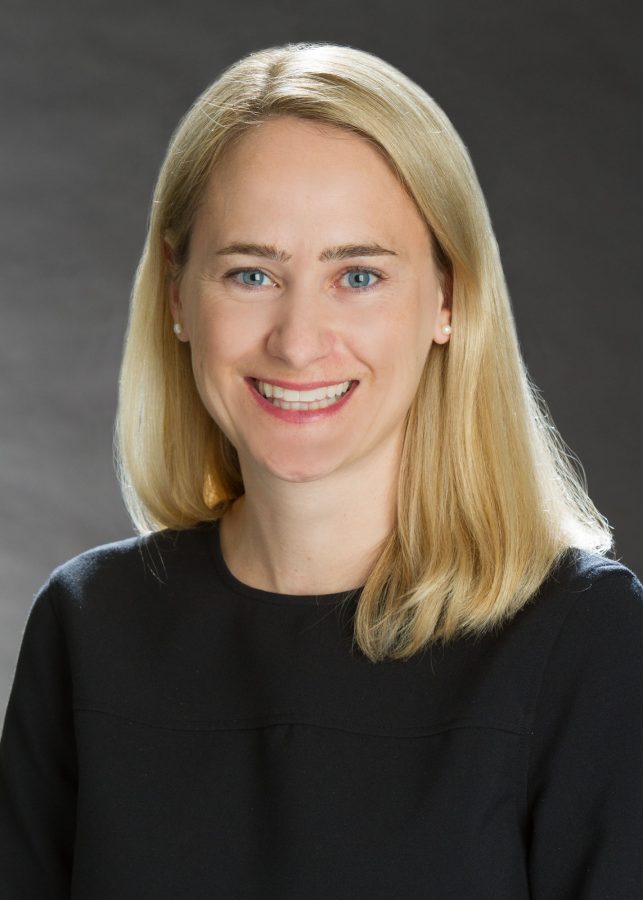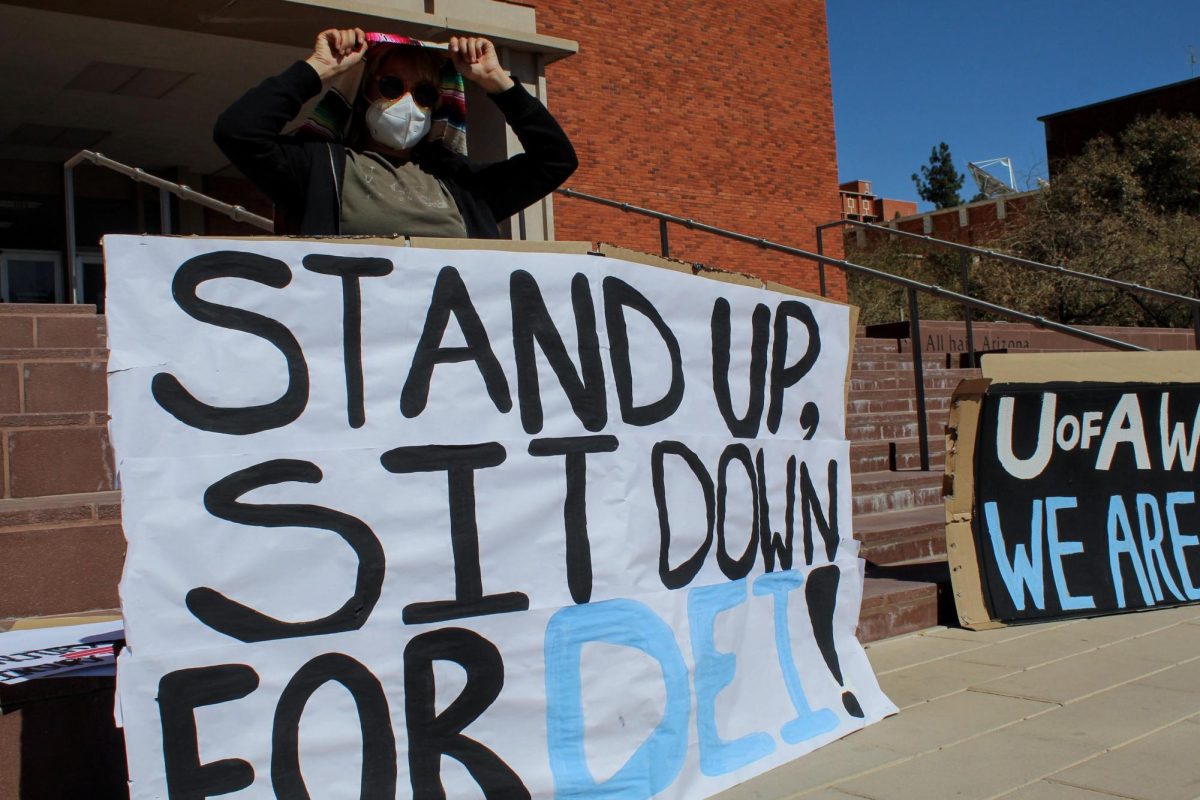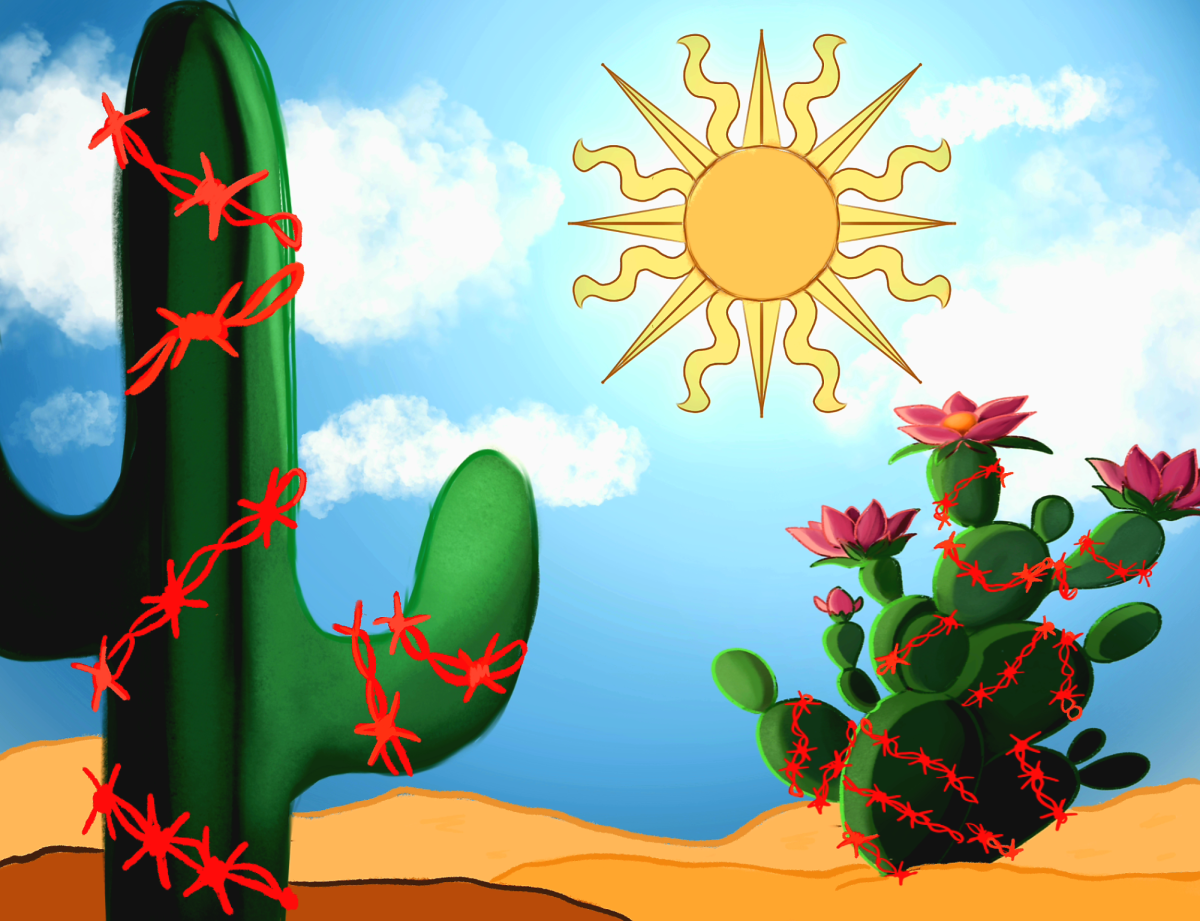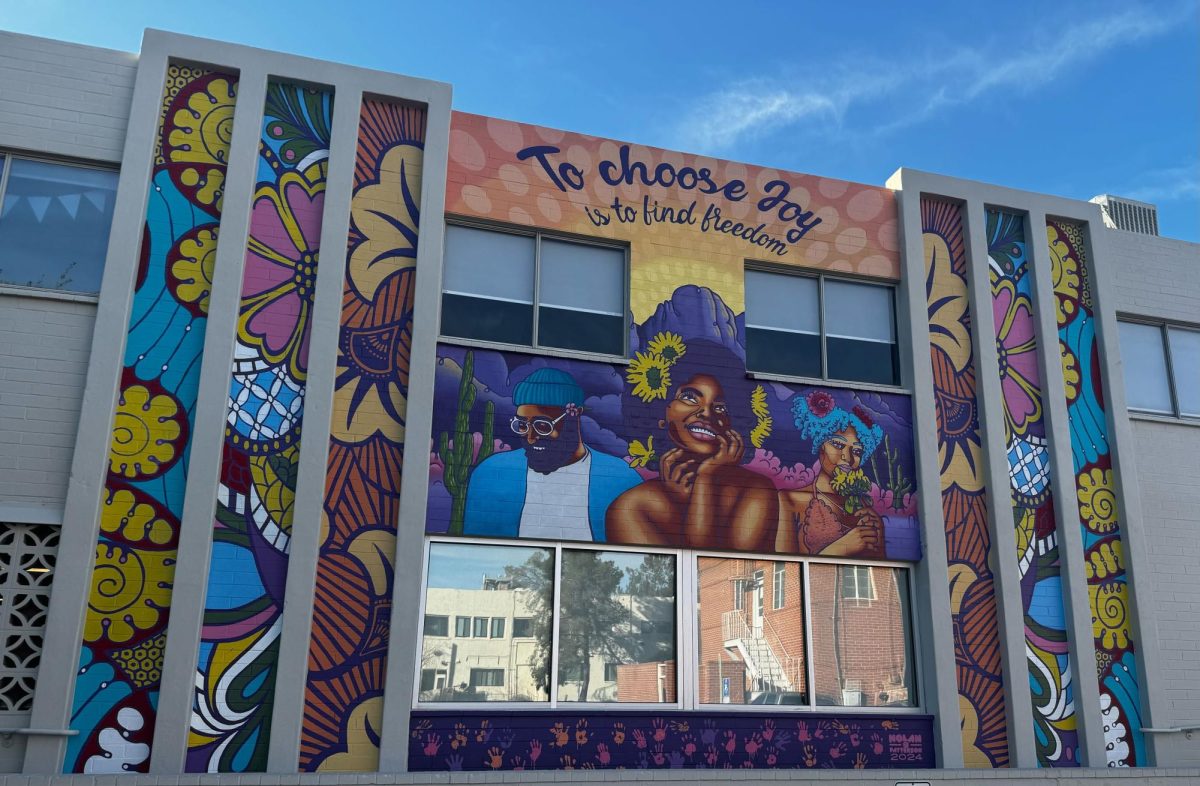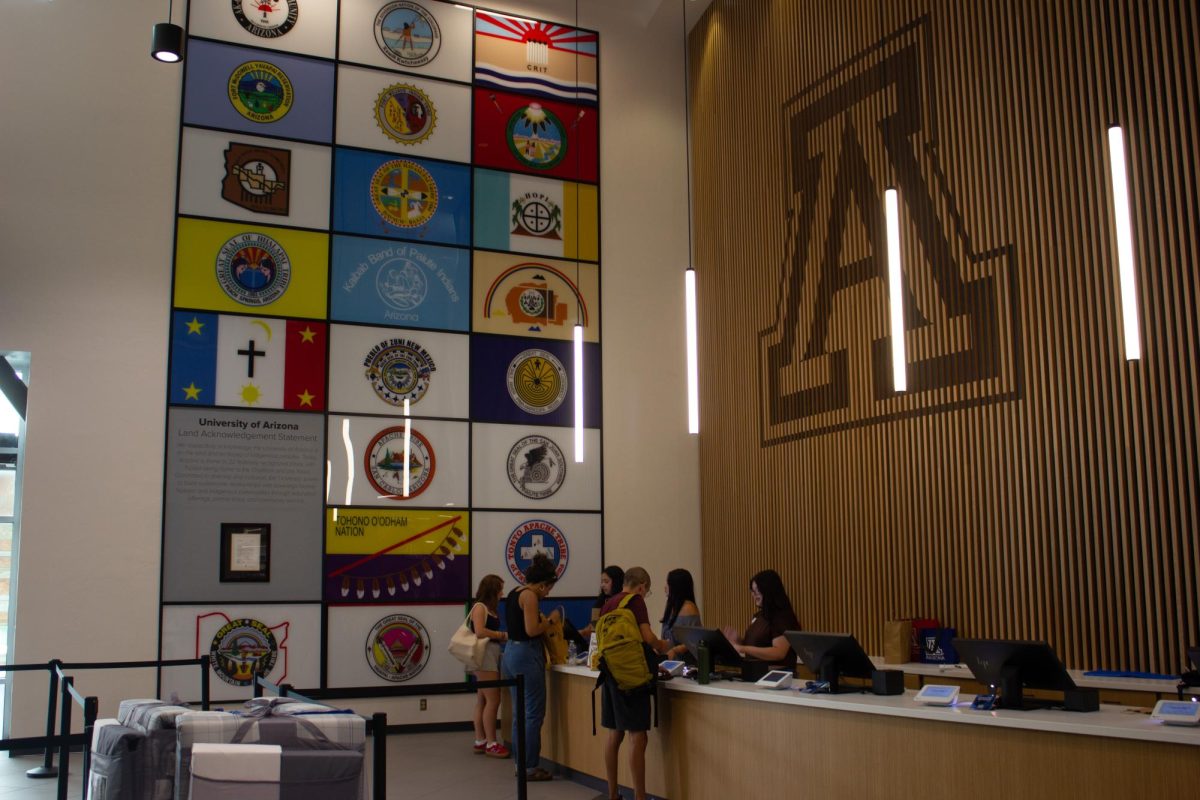The University of Arizona College of Law’s Wrongful Conviction Clinic was recently accepted as member of the Innocence Network and has changed its name to the UA Innocence Project.
The Daily Wildcat spoke with Vanessa Buch, the director of the UA Innocence Project, about the work that the clinic has done and the acceptance into the Innocence Network.
Daily Wildcat: How long has this clinic been providing legal services to convicted who claim innocence?
Vanessa Buch: So, the clinic was officially started at the beginning of 2014. When I moved here, I came at the end of 2013, and Marc Miller, the dean, and the administration were really interested in starting a for-credit clinic doing wrongful conviction work. There had been students and professors here for a while who had been doing it [voluntarily], but they wanted to sort of institutionalize it. So, they supported me to start this clinic then and we’ve been building it and growing it since, formally the Wrongful Conviction Clinic, we as you now know recently joined the Innocence Network and renamed it the University of Arizona Innocence Project.
DW: What are the services that the clinic provides?
VB: So, the clinic has, since we are a law school clinic, we’ve got several missions. First and foremost: serving the clients. So, we represent folks who are convicted of crimes in the state of Arizona who have claims of actual innocence. We get countless requests for assistance. Every week, every month, we get dozens of them and we screen those cases and then cases that we are able to take on we do an extensive amount of investigation. In many cases we do DNA testing or we consult with other forensic experts and then we will litigate in state and federal court on behalf of clients with claims of actual innocence. So, that’s our primary focus, one of our primary focuses. The other is the educational piece. So, we are a law school clinic and we couldn’t exist without the involvement of law students. So, the clinic is open to upper level law students 2ls and 3ls. You take the clinic for a year. They commit to be in the clinic for at least one year and they are intimately involved in all workings of the cases. They are involved in client meetings, doing the investigations, talking to witnesses, consulting with experts, doing legal research, drafting pleadings, to the extent we appear in court on behalf of clients as well.
DW: What was the process of the clinic becoming a member of the Innocence Network?
VB: We have been growing to that point for a number of years. We started small and have been adding students and clients. But the actual process was we applied to the network, and as part of their review of our application, they reviewed everything from our policies and procedure, our application materials, our intake material for applicants who applied to us, our financial stability support within the law school, support from the community, experience of our staff … all kinds of measures. They did a detailed review of all of that and after that said, gave us approval to join the network. We’ve been sort of loosely associated with the network — more than loosely, we’ve been associated with the network for a number of years. Our colleagues at the Innocence Project in New York and projects across the country are folks that we have collaborated with on cases we go to as resources for brainstorming cases. People that we’ve known and worked with. This just sort of, this process made it official and with that official membership comes other benefits.
DW: Why was it important to become a member of the Innocence Network?
VB: I think it’s important for us in this moment in two regards. One, like I said earlier, it’s sort of a endorsement of what we’ve been doing and what we’ve built. We had to go through this application process and part of that was an endorsement of what we’ve been doing. So that was important to us, but also, now being a part of the network, it really does open up this whole community of folks who are all doing similar work, which is priceless because they have the same issues, the same problems, the same victories, the same failures, the same things that come up in case after case. And when we can all get together and share resources, share wisdom, share stories, that is really valuable. Again, it is a great networking experience for our students as well, to be able to meet and work with people across the network, across the country, who are doing this work. There’s also institutional support, so, the network provides organizational support for projects like ours, like fundraising support. And they also — as part of the network now — any clients of ours who are exonerated are eligible to receive a small stipend.
DW: What case, if you can share, has stood out to you, touched you or you feel proud of?
VB: One of the most meaningful things for me in this work is the clients and, being a law school clinic, we’ve got these sort of dual missions of serving the clients but also educating the students, and I think those two things come together beautifully in the way you were just asking that question. We have clients who routinely say to us how incredibly moved they are by the fact that the students, that we are here, that we exist at all and that the students are there giving their time and energies to work on the client’s case. It is not so much the work the students are doing, the amount of hours they’re putting in and quality of work, it’s the fact that there’s someone sitting in prison who has a claim of innocence and for them to know that there are law students here at the UA who could be doing anything else, who have all kind of opportunities available to them, but they’ve chosen to spend time in their law school career working on behalf of these clients who sitting in prison throughout the state of Arizona.



